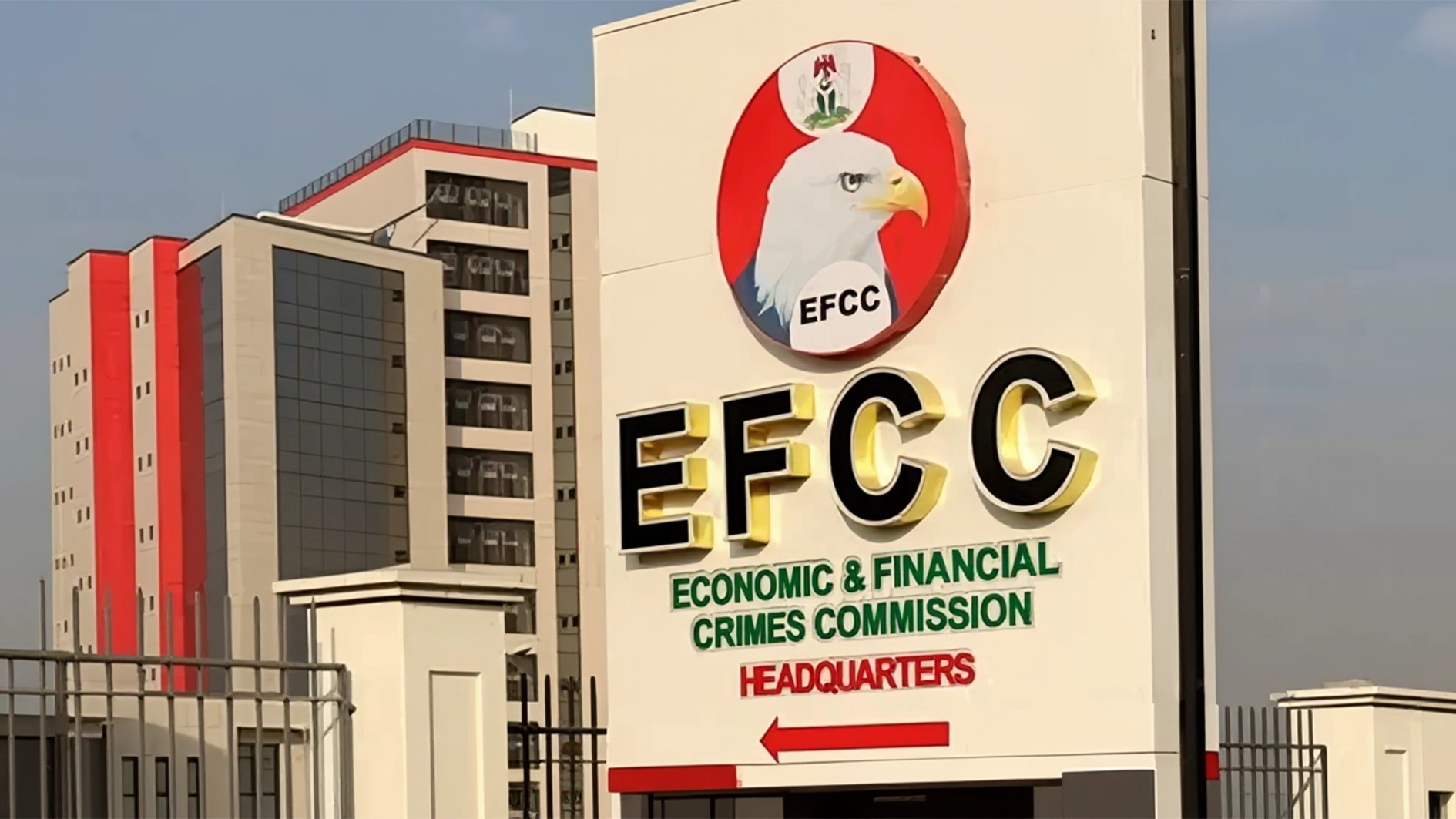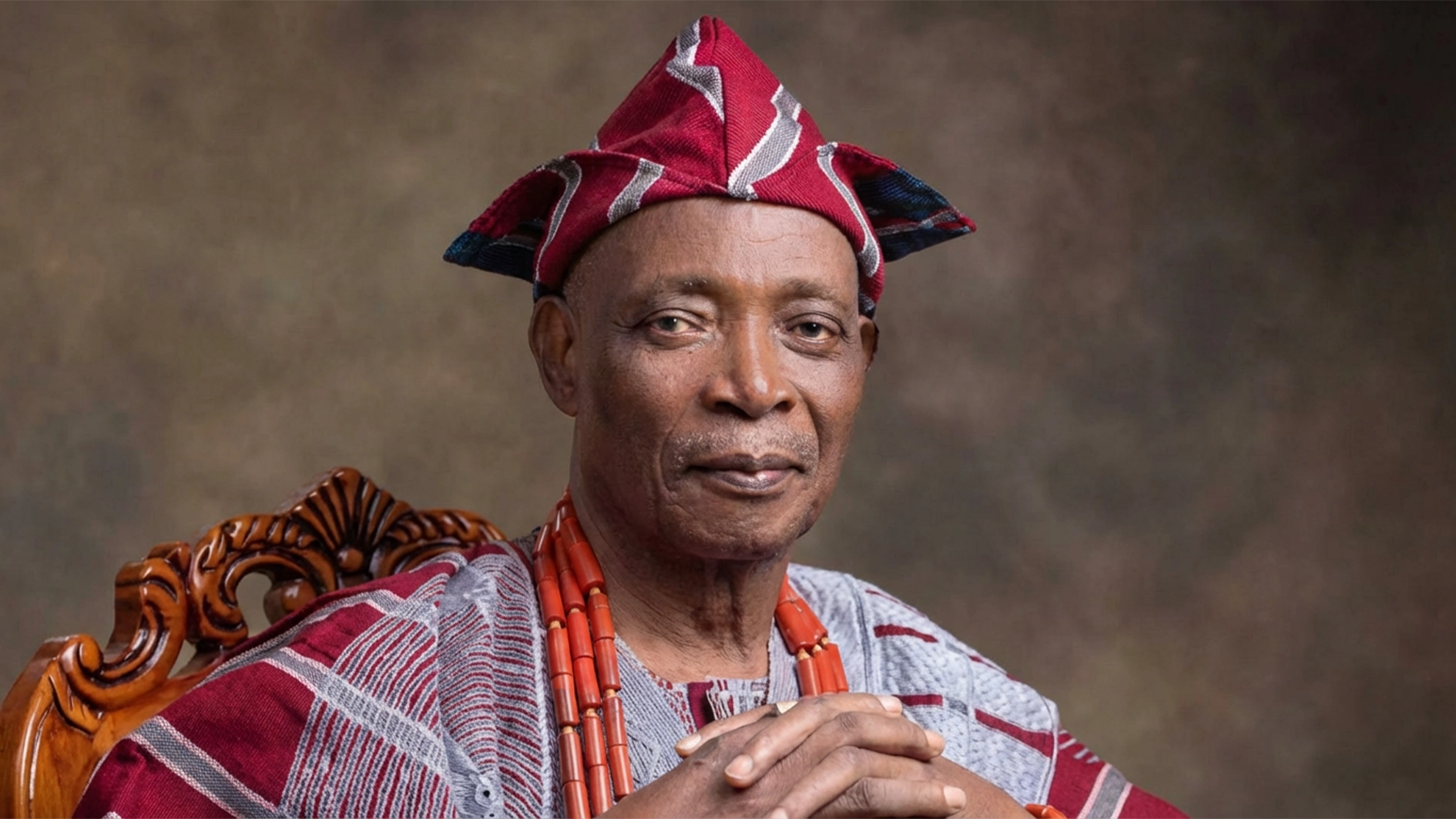The Lagos State Government has urged operators in the textile industry to collaborate with it in tackling textile and fashion waste, while adopting circular fashion practices across the metropolis.
Special Adviser to the Governor on Environment, Olakunle Rotimi-Akodu, made the call during the 2025 World Clean-Up Day celebrations held at NECA House, Alausa, Ikeja.
He said it was necessary to raise awareness among consumers, designers, and policymakers on the importance of circular fashion practices, which, according to him, offer a promising solution by reducing waste, promoting sustainability, and encouraging eco-friendly fashion products.
Rotimi-Akodu explained that the 2025 World Clean-Up Day was being marked in 180 countries under the theme: “Tackling Textile and Fashion Waste through Circular Fashion.” He described the theme as apt, noting that the fashion industry is globally regarded as one of the largest polluters, with textile waste contributing significantly to environmental degradation.
In Nigeria, he observed, textile and fashion waste is fast becoming a major environmental challenge, driven by the rapid growth of the fashion sector and a “take, make, dispose” culture. He stressed that the fashion industry generates 92 million tonnes of waste yearly.
According to him, the sector faces several challenges, including limited public awareness of textile recycling and its benefits, inadequate recycling facilities and collection points, sorting complexity, poor access to recycling technologies, and low market demand for recycled products.
Rotimi-Akodu emphasised that clean-ups alone would not solve the waste crisis. “Everyone needs to spark change in society by promoting behavioural change, raising awareness about efficient waste management, and paying attention to critical issues of textile and fashion waste,” he said.
He explained that the event provided an opportunity to discuss potential solutions, such as effective recycling programmes to collect and process textile waste, upcycling initiatives to transform discarded fabrics into valuable products, and closed-loop production systems to drive a circular economy in the sector.
“Let us jointly drive industry change by encouraging brands to adopt circular business models and invest in sustainable textile materials. Together, we can make a difference and ensure our planet thrives for generations to come,” he added.
Earlier, the Permanent Secretary, Office of Environmental Services, Dr Tajudeen Gaji, noted that the event is observed annually to highlight the importance of sustainable waste management and inspire collective action for a cleaner, healthier planet.
He reiterated the government’s commitment to promoting sustainable practices, reducing waste, and creating an environment that supports economic growth, tourism, and the well-being of all citizens.
Guest Speaker, Sidiqat Folami, said the industry faces additional challenges such as high carbon dioxide (CO₂) emissions and other greenhouse gases, including methane (CH₄), released throughout the textile value chain, from pre-production to post-use.
She recommended stronger advocacy and sensitisation campaigns with industry practitioners, promoting circular fashion adoption through public awareness, and empowering communities with behavioural change initiatives to improve textile waste management in Nigeria.






